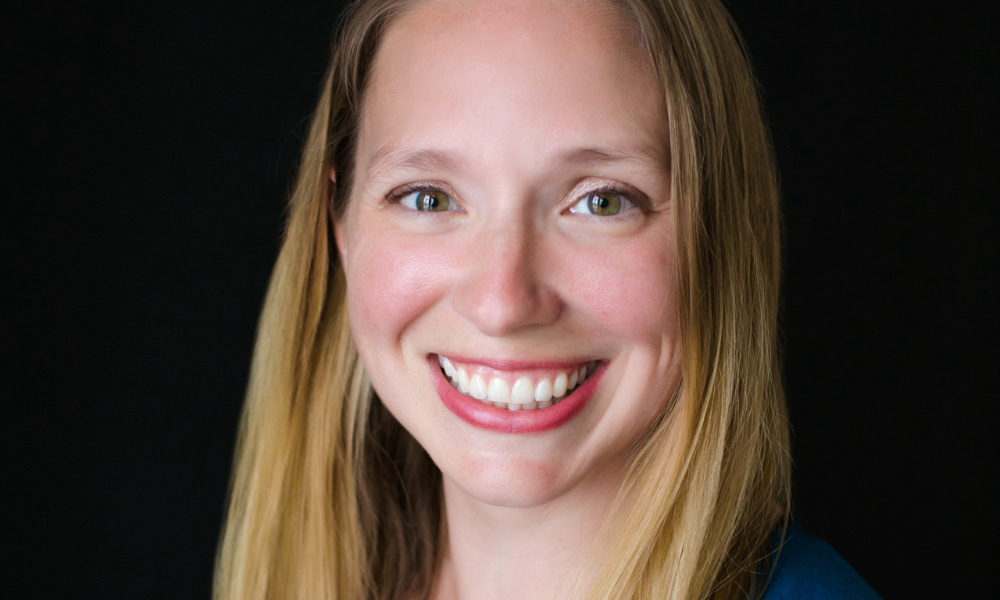
The newly appointed External Advisory Committee for the University of Rochester’s Institute for Data Science will convene this week in Rochester for its first meeting. The team of experts in computer, information and data science will participate in discussions and attend a series of presentations updating them on the Institute’s research and education goals and plans. The committee consists of 10 members from leading high-technology companies, industry and academia.
“The External Advisory Committee connects us to the world’s leading industrial research and development laboratories in computer science, medicine, and communications, as well as other top universities doing work in data science,” said Henry Kautz, director of the Institute. “We look forward to the insights they will offer, which will help us ensure the Institute and Rochester become a reference point for data science worldwide.”
The University’s Institute for Data Science was created to bring together interdisciplinary research in this field and also offers bachelor’s and masters’ programs in data science and related subjects. This week, the Institute was informed that the new Master of Science in Data Science was approved by the New York State Education Department. This is one of the education programs that the committee will offer guidance on.
Dr. Eric Horvitz, director of Microsoft Research and a member of the External Advisory Committee, will also give a public talk during his visit. He will show how breakthroughs in the new field of data science are solving previously intractable problems in clinical medicine, public health, transportation, disaster recovery, and many other areas.
The External Advisory Committee consists of the following members:
- Eric Horvitz is the director of Microsoft Research as described above. He is also a distinguished scientist in the field of machine learning. He has served as president of the Association for the Advancement of Artificial Intelligence and is chair of the Section on Information, Computing, and Communication of the American Association for the Advancement of Science.
- Nomi Bergman is the president of Bright House Networks, the sixth largest cable company in the U.S. She has served on the FCC Technical Advisory Committee and the CableLabs Technical Advisory Committee and several other boards. She is a trustee of the University of Rochester.
- Jonathan Darer is chief innovation officer and director of the IAA Center for Clinical Innovation at Geisinger Health System, leveraging analytics, clinical decision support, and re-engineering solutions to improve chronic disease care and reduce preventable harm.
- Oren Etzioni is executive director of the Allen Institute for Artificial Intelligence. He was a professor in the University of Washington’s computer science department, was the founder or co-founder of several companies, and the author of over 100 technical papers that have garnered about 20,000 citations.
- Alon Halevy heads the structured data management research group at Google. Prior to that, he was a professor of computer science at the University of Washington in Seattle. He co-founded Nimble Technology and co-founded Transformic, a company that created search engines for the deep web, and was acquired by Google.
- John Kelly is senior vice president of corporate operations at Xerox. Prior to Xerox, Kelly founded and served as president and chief executive officer of Niteo Partners Inc. and at Cap Gemini. He is a trustee of the University of Rochester and serves on the University of Rochester’s Simon School of Business executive advisory council and dean’s forum.
- Mikki Nasch is the CEO of The Activity Exchange, which brings the science behind consumer marketing to the healthcare challenge. She is also an entrepreneur who has built high-growth technology companies focused on data-driven decisions. She has held leadership roles in Sense Networks, Fair Isaac, Company DNA, BackWeb, and Reuters.
- Alex “Sandy” Pentland directs MIT’s Human Dynamics Laboratory and the MIT Media Lab Entrepreneurship Program, co-leads the World Economic Forum Big Data and Personal Data initiatives, and is a founding member of the advisory boards for Nissan, Motorola Mobility, Telefonica, and a variety of start-up firms.
- Richard Scheuermann is the director of informatics at the J. Craig Venter Institute (JCVI). Prior to JCVI, he was a tenured professor in the Department of Pathology at University of Texas Southwestern Medical Center in Dallas. He has led three projects funded by the U.S. National Institutes of Health and has served as the biomedical informatics lead for UT Southwestern’s Clinical and Translational Science Award.
- Bart Selman is a professor of computer science at Cornell University. He has authored and co-authored over 100 publications, including six best paper awards.
Data science is a centerpiece of the University’s strategic plan for the next five years. The University has committed $50 million—in addition to more than $50 million it has invested in recent years—to greatly expand its work in this burgeoning field of data science. The commitment included the newly created Institute for Data Science and the planned construction of a state-of-the-art building to house it. The University is also recruiting as many as 20 new faculty members in many departments in which data science and data analytics play a critical role: biostatistics, brain and cognitive sciences, computer science, physics, political science, psychiatry, and others.
New York State recently announced support to create a Rochester Center of Excellence in Data Science, complementing the Institute for Data Science, to leverage basic research, training, and technology development in this field and to drive regional economic development. Thanks to previous support from New York State, the University of Rochester is already among the top 10 most powerful university-based supercomputing sites in North America, and home to the most advanced computer system dedicated to health research in the nation – the Health Sciences Center for Computational Innovation (HSCCI). A 2014 report by the Center for Governmental Research shows that the new Institute for Data Science will create 460 jobs and generate an estimated $530 million in research funding over a 10-year period.



